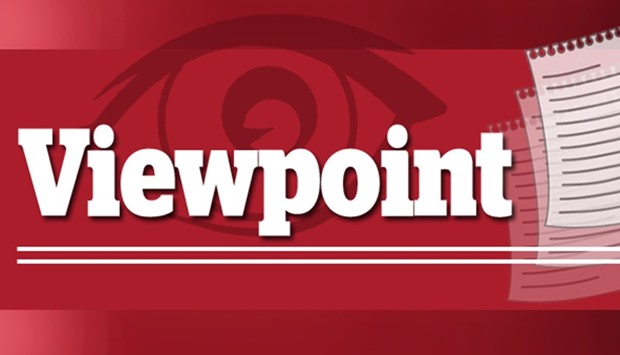Most worrying to media rights advocates is that several countries are promoting new legislation or expanding existing regulations to make publishing fake news an offence. The fear is that, rather than focusing on false stories published on social media, authoritarian leaders will use the new laws to target legitimate news outlets that are critical of them.
“When the leadership of the United States consistently targets legitimate media reporting as fake, it opens the way for leaders the world over to do the same,” said Shawn Crispin, who represents the Committee to Protect Journalists in the region. “It’s a dangerous trend that is giving authoritarian and democratic regimes alike justification for targeting or shutting down reporting they don’t like.”
The term “fake news” has entered the lexicon of the Association of Southeast Asian Nations (Asean), whose leaders commended the work done by their governments in countering its spread in a statement issued at the end of a November summit.
Like everywhere else, Southeast Asia does sometimes have a problem with information on social media that is intentionally false. But there is little sign that the problem has been anywhere as bad as it was, for example, in the run-up to the November 2016 US presidential election.
Last week, after the Philippines’ corporate regulator revoked the operating licence of Rappler, a news site whose scrutiny of President Rodrigo Duterte’s deadly war on drugs has been a thorn in his side, Duterte told reporters it was “a fake news outlet” that had been “throwing trash all along”.
Duterte denied influencing the regulator’s decision, which was followed by the justice minister ordering an investigation into Rappler for possible criminal liability and the National Bureau of Investigation summoning its CEO to answer a complaint related to cyber-crime.
Strongman Cambodian Prime Minister Hun Sen regularly accuses critical media outlets of spreading “fake news”.
In his latest attack on Saturday, he backed Trump for announcing “fake news” awards. “I think President Donald Trump has correctly created an award that he just announced in recent days, the Fake News Award,” he said. “And in Cambodia there is also this type of media.”
The government of Singapore, where curbs on free speech have often been criticised by human rights advocates, is planning legislation to tackle fake online information it says could threaten national security.
Thailand already has a cyber-security law under which the spread of false information carries a jail sentence of up to seven years. Still, junta leader Prayuth Chan-ocha has warned that tough action will be taken to enforce laws against “fake news and hate speech”.
Myanmar has assailed foreign news organisations for “fake news” about a military crackdown in Rakhine state that triggered the exodus of more than 650,000 Rohingya Muslims to Bangladesh.
It has detained at least 29 journalists since Nobel peace laureate Aung San Suu Kyi came to power in 2016.
In this age of all-pervasive social media, it is not easy to prevent “fake news” from going viral in a matter of minutes. How governments and leaders tackle this will be interesting to see in the future.

